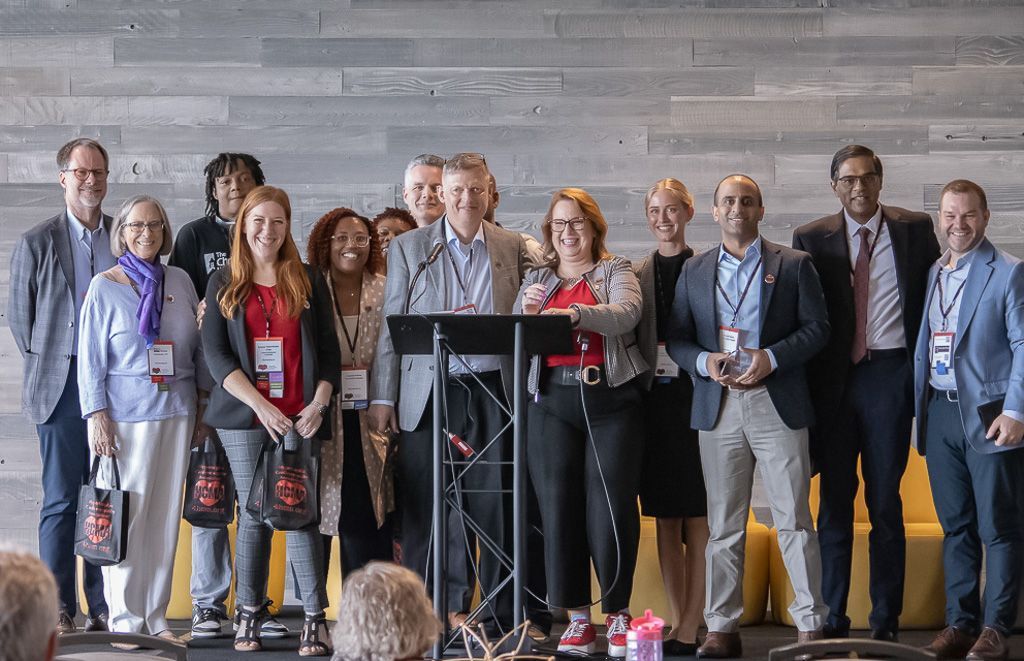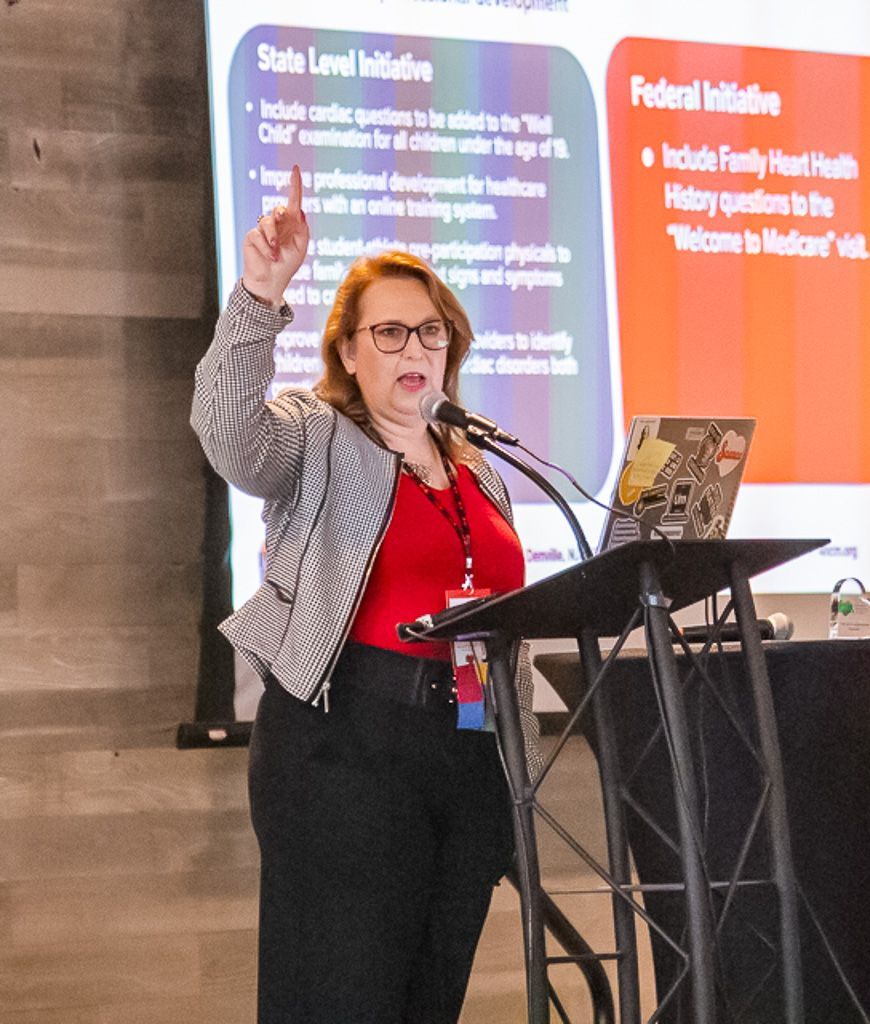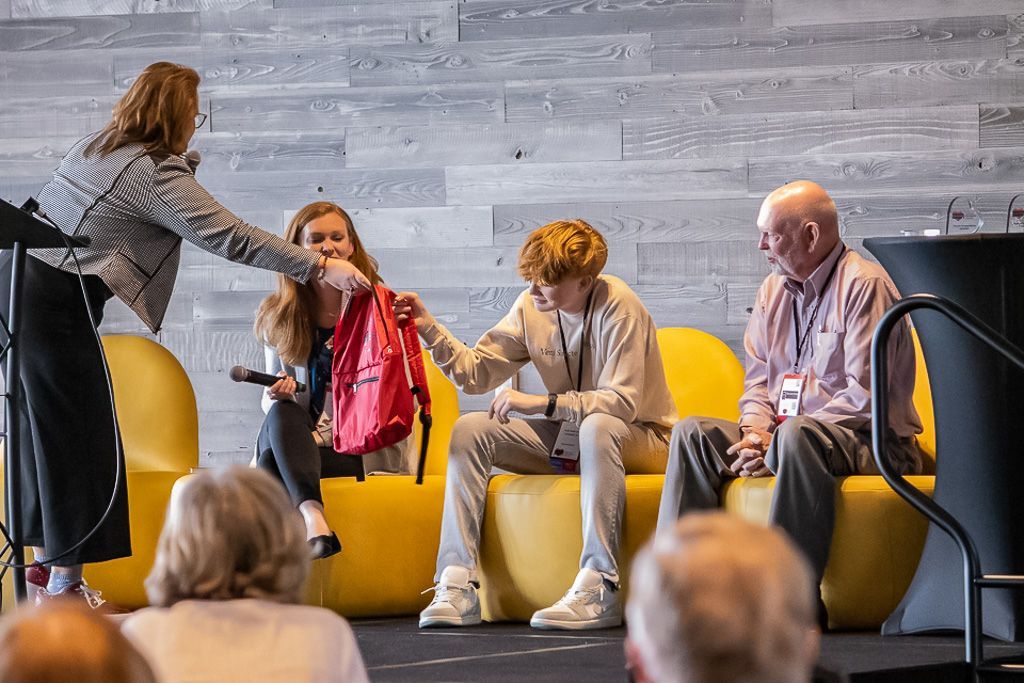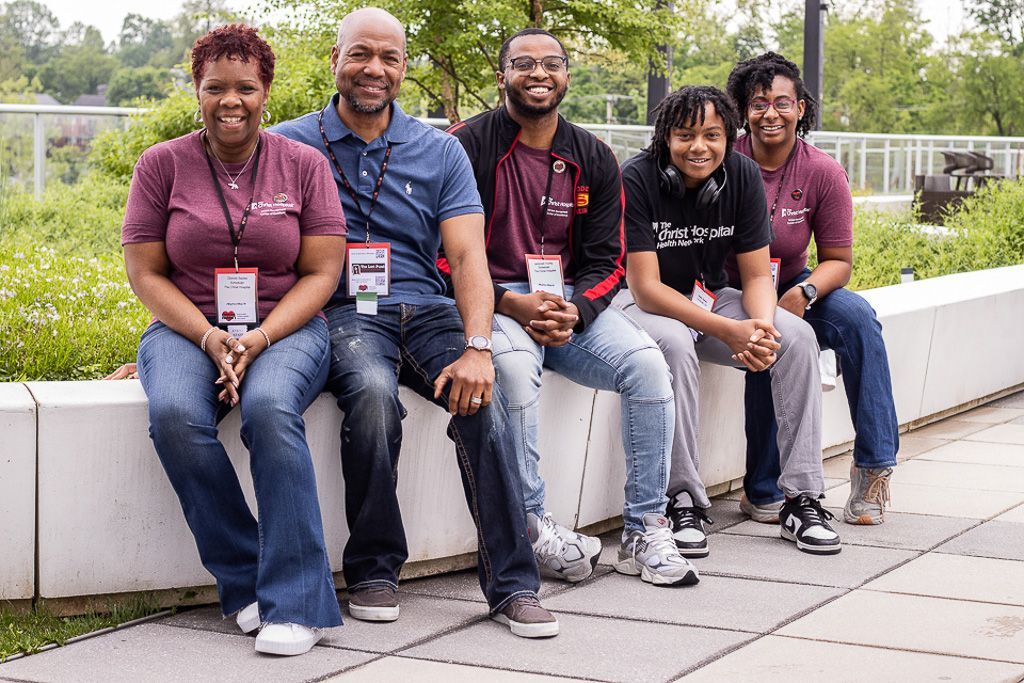
The In-Person Bighearted Warriors Unite featuring The Christ Hospital & Cincinnati Children’s event held in Cincinnati, Ohio was a tremendous success, where we were pleased to see so many of you in person. The event commenced with a warm welcome address by Lisa Salberg. The day was focused on educating people about HCM, and it was led by HCM Program Directors Dr. Wojciech Mazur and Dr. Ankit Bhatia. The event featured a group of distinguished speakers, including Dr. Edward Schloss, Dr. Puvi Seshiah, Courtney Hannum, Cassady Palmer, Dr. Ryan Moore, Dr. Tom Ryan, and the Anderson & Steel Family. The HCMA would like to thank all of the staff and volunteers who worked tirelessly to make this day successful and impactful for the HCM community. Lastly, Brittany Johnson of The Christ Hospital took some beautiful photos that captured the essence of the event and are available for viewing.
We are looking forward to the next in-person event. Stay tuned for more!







 Translate
Translate

